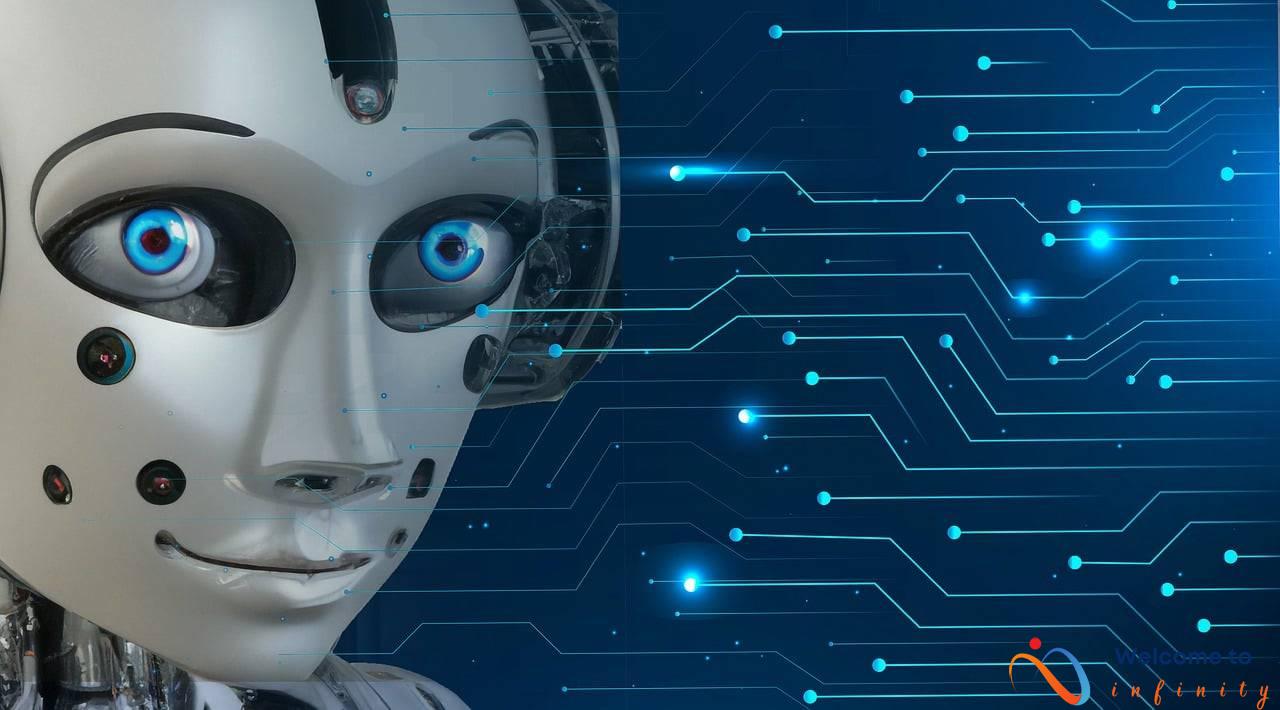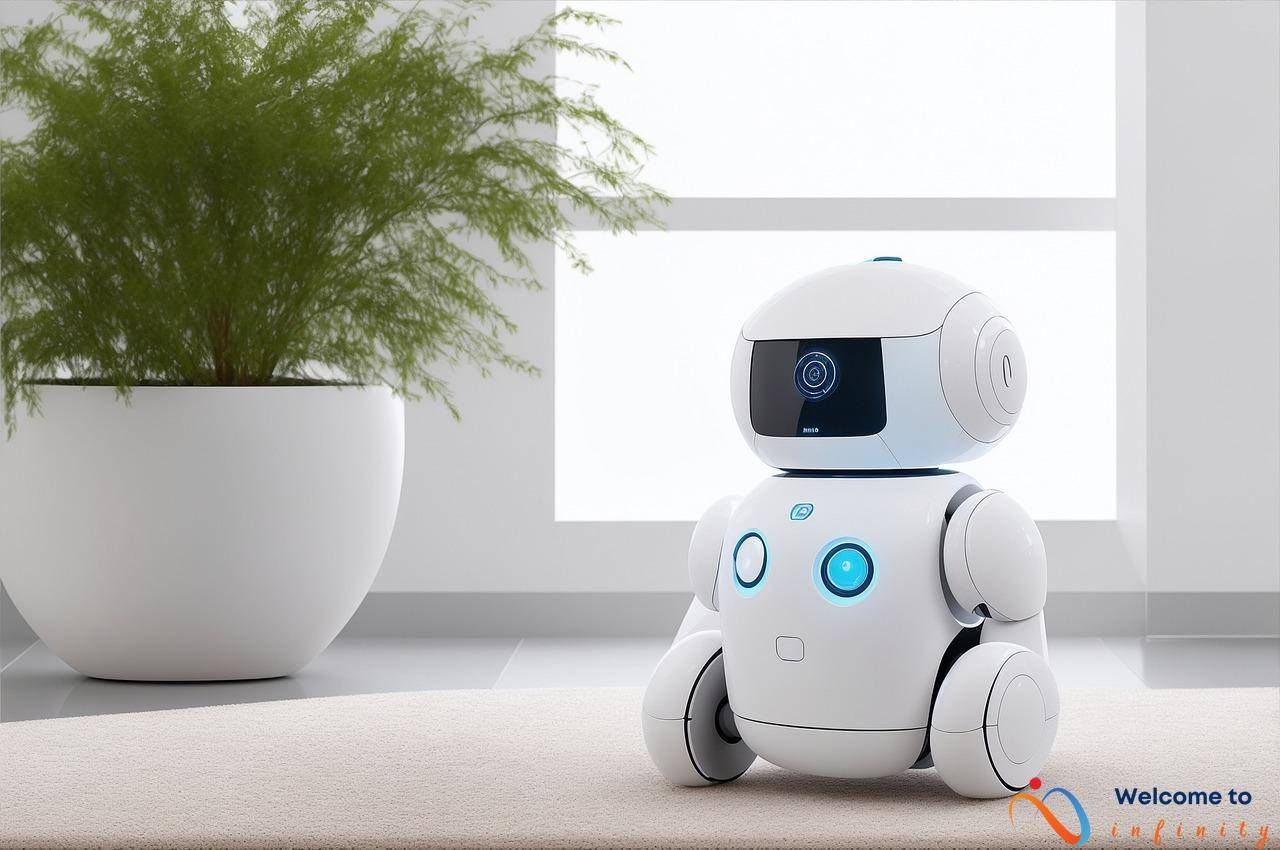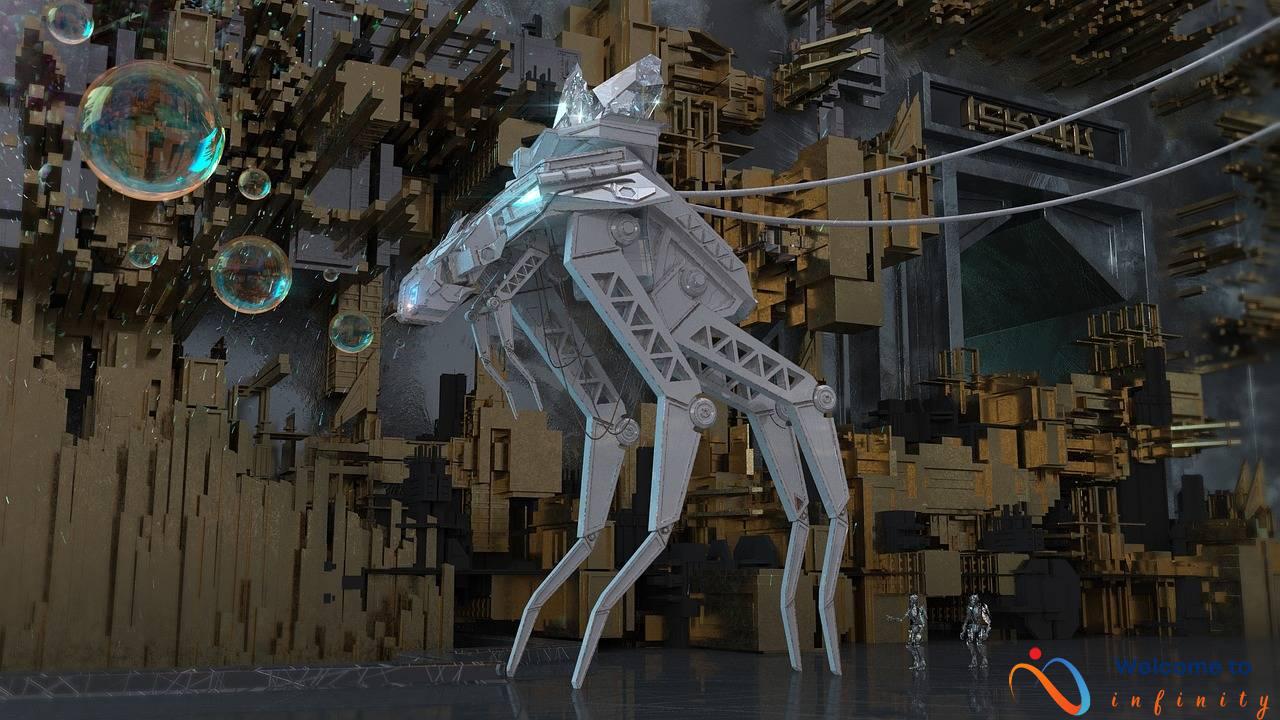The integration of artificial intelligence (AI) into human resources (HR) departments is rapidly becoming a trend for companies in various industries. By leveraging AI, organizations hope to optimize recruitment and talent management processes, reduce HR workload, and boost efficiency.
One of the primary benefits of AI in recruitment is its ability to streamline resume screening, scheduling interviews, and initial interviews. AI tools can perform these tasks quickly and accurately, allowing HR professionals to focus on higher value-add activities such as candidate engagement and assessment.
AI can also be used for talent management by analyzing employee performance, identifying career paths, and offering personalized training and development opportunities for employees. With AI, HR professionals can gain valuable insights into employee performance and capabilities, enabling them to make well-informed decisions and better allocate resources.
However, AI in HR also has its share of challenges and limitations. One significant concern is privacy as using employee data for analysis can raise privacy concerns if it is done without their knowledge or consent. Furthermore, some employees may feel that their jobs are at risk and may be displaced by automation, leading to a shift in the workforce's skills and knowledge requirements. Additionally, AI algorithms may be biased if they are trained on biased data or are not designed with diversity and inclusion in mind.
As AI technology continues to grow and evolve, it is essential for HR professionals to adapt to the changes and develop new skills to effectively manage it. AI adoption in HR is only set to increase, and companies must address the issues that arise and take advantage of all the opportunities presented by this technology.
Benefits of AI in Recruitment
Artificial intelligence has revolutionized the recruitment process, providing several benefits to companies. One critical advantage is that AI can help automate resume screening, saving HR personnel time by filtering qualified candidates from the pile of unqualified resumes. AI can also schedule interviews and conduct initial interviews with candidates, saving several hours of HR personnel's time. Furthermore, AI can help maintain communication with candidates and provide feedback to HR personnel regarding their performance and qualifications.
AI can enhance the recruitment process's efficiency by analyzing past candidate data and identifying the most qualified candidates. By leveraging big data, AI can search through millions of resumes and identify the most suitable candidates based on specific criteria. Additionally, AI tools can identify passive job seekers and reach out to them with job offers, giving employers a competitive edge in acquiring top talent. This feature allows companies to quickly identify and hire the most qualified candidates without wasting time or resources.
- Automated resume screening
- Scheduling interviews
- Conducting initial interviews
- Communication with candidates
- Analysis of past candidate data
- Identification of passive job seekers
In conclusion, AI offers various benefits to HR departments in the recruitment process, improving the efficiency and effectiveness of hiring. By automating tasks like resume screening, interview scheduling, and initial interviewing, AI frees up valuable HR time, allowing professionals to focus on other critical aspects of recruitment and talent management.
Using AI for Talent Management
One of the ways that AI can bring value to HR teams is through talent management. By analyzing employee performance data, AI algorithms can identify potential high performers or employees who may be struggling and need additional support. This helps HR professionals to make data-driven decisions about promotions, succession planning, and career development opportunities.
AI can also be used to identify career paths for employees based on their skills and experience. With this information, HR teams can offer targeted training and development opportunities to help employees build the skills they need to progress in their careers. This can lead to higher employee engagement and lower turnover rates, as employees feel that their employer values their growth and development.
Personalized training and development opportunities can also be provided through AI-powered learning platforms. By analyzing an employee's skillsets and learning style, these platforms can suggest relevant courses and materials that align with their career goals. This not only helps the employee to learn and grow, but it also helps the organization to build a workforce with the skills needed to succeed.
Overall, AI has the potential to transform talent management by providing HR teams with deeper insights into employee performance and potential. By leveraging this technology, organizations can create a more effective and efficient talent management process that benefits both employees and the business as a whole.
Challenges and Limitations of AI in HR
The integration of artificial intelligence (AI) into human resources (HR) processes has the potential to revolutionize recruitment and talent management. However, while AI can improve HR processes, it also poses challenges and limitations that must be addressed.
One major concern is privacy. Collecting and analyzing employee data can raise privacy concerns, particularly if it is done without their knowledge or consent. Companies must be transparent about their use of AI in HR and ensure that ethical standards are met.
Another issue is the possibility of job displacement. While AI can automate certain tasks and save time, it may also lead to job displacement for lower-skilled positions within HR departments. Companies must consider the impact of AI on their workforce and address potential job loss and re-training needs proactively.
Bias in algorithms is another limitation of AI in HR. AI algorithms can perpetuate bias if they are trained on biased data or are not designed to account for diversity and inclusion. To mitigate this issue, HR professionals must ensure that the data used to train AI systems is diverse and that the algorithms account for biases.
In conclusion, while AI has the potential to streamline HR processes, it also poses challenges and limitations that require careful consideration. Companies must balance the benefits of AI with the need to ensure privacy, prevent job displacement, and eliminate bias in algorithms. As AI technology advances, it will be essential for HR professionals to stay informed and develop new skills to effectively manage AI in the workplace.
Privacy Concerns
Privacy concerns are a significant issue when it comes to incorporating AI into HR processes. Collecting and analyzing employee data without their knowledge or consent can infringe on their privacy and even lead to legal consequences. It is essential for companies to establish clear guidelines and policies for how employee data is collected and used.
One solution is to be transparent with employees regarding data collection and use. Companies should clearly communicate what data they are collecting and how it will be used. Providing employees with control over their data can also help mitigate privacy concerns. For example, allowing employees to opt-out of data collection or delete their data can alleviate privacy concerns.
Another issue to consider is the security of employee data. Companies need to ensure that data is kept secure and protected from unauthorized access. Implementing secure storage systems and restricting access to sensitive data can help prevent data breaches.
It is also essential to comply with data protection regulations such as the General Data Protection Regulation (GDPR) and the California Consumer Privacy Act (CCPA). Failure to comply with these regulations can lead to hefty fines and damage to a company's reputation.
In summary, privacy concerns are a significant challenge when incorporating AI into HR processes. Companies that use AI must prioritize privacy and ensure that data is collected and used ethically and transparently.
Job Displacement
As AI technology advances, there is a possibility that lower-skilled positions within HR departments may be replaced by machines. The ability of AI to automate tasks such as resume screening and initial interviews may lead to job displacement for HR assistants and recruiters who perform these functions.
However, it is important to note that AI is not intended to replace HR personnel but to assist them in their tasks. HR professionals can focus on more strategic and complex tasks while AI handles the more routine administrative functions.
Furthermore, if HR professionals develop new skills and adapt to the changes brought about by AI, they can remain relevant in the industry. This may involve learning how to work alongside AI and leveraging its capabilities to improve HR processes.
Ultimately, the impact of AI on job displacement within HR departments remains to be seen. While some positions may become redundant, new roles may also be created that require a different skillset. It is up to HR professionals to embrace these changes and adapt to the evolving landscape of HR.
Bias in Algorithms
AI is only as reliable as the data it is trained on. If AI algorithms are trained on biased data or are not designed to account for diversity and inclusion, it can perpetuate bias in HR processes. For example, if an AI system is trained to identify qualities that are associated with a certain demographic, it might inadvertently produce a hiring process that favors that demographic. This issue can particularly be seen in the recruitment process.
Moreover, AI algorithms can also reflect the biases of their creators. Pre-existing biases can be transferred onto machine learning algorithms, and the result can be biased decisions. HR managers must ensure that the algorithms they use are not perpetuating bias. Proper testing and validation of algorithms are essential to detect and address any discriminatory patterns before they are integrated into HR processes.
To combat bias in AI algorithms, HR professionals must regularly analyze their data models. It is crucial to have a diverse pool of data to train algorithms, ensuring that algorithms can consider a broad range of backgrounds and experiences. Until AI can think proactively and identify unintended results of data sets, it will require human intervention. HR professionals must actively re-evaluate data models if biases are detected. It is also the responsibility of HR professionals to ensure that the AI is transparent, so employees understand the process used to make decisions, and they feel confident that the process is fair.
Overall, Bias in Algorithms is a significant challenge of AI's integration in Human resources. HR managers must tread carefully so that AI does not produce discriminatory results in recruitment and talent management processes. By ensuring that algorithms work with diverse data, HR managers will ultimately benefit from more balanced and less biased results. In conclusion, the integration of AI should take a cautious approach to ensure that HR processes are fair for everyone.
Future of AI in HR
With the rapid advancements in artificial intelligence, it is inevitable that AI will be increasingly integrated into HR processes in the future. As AI algorithms become more sophisticated, it will become easier and more efficient for HR professionals to manage recruitment and talent management tasks using AI-powered tools and software.
However, this also means that HR professionals will need to stay updated with the latest AI technologies and develop new skills to effectively manage them. In addition to technical skills related to the use of AI tools, HR professionals will also need to enhance their interpersonal skills to effectively communicate with employees during the adoption of AI systems in the workplace.
AI integration into HR processes will also require companies to carefully consider the ethical implications of using AI. This includes ensuring that AI algorithms are not biased and do not perpetuate discrimination against certain groups of employees. HR professionals will also need to address employee concerns about the potential job displacement caused by the automation of certain HR tasks.
Overall, the future of AI in HR is promising, but companies must ensure that they adopt AI in a responsible and ethical manner. HR professionals will play a pivotal role in managing the adoption of AI technologies in the workplace and will need to continuously adapt and develop new skills as the technology advances.











